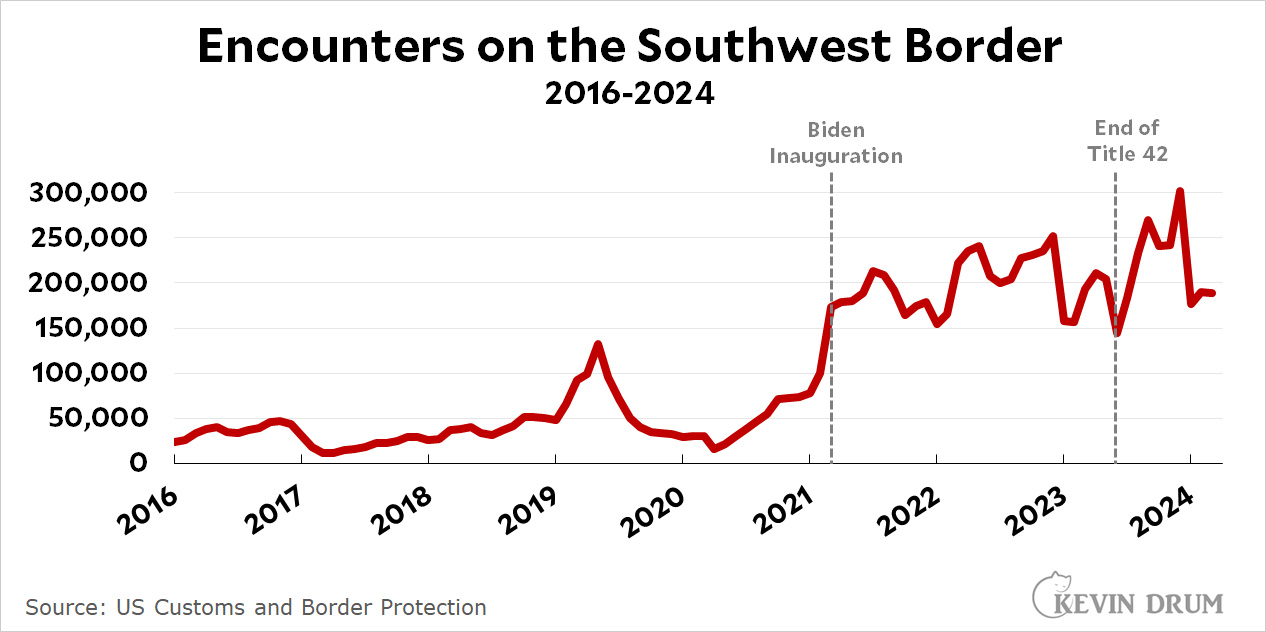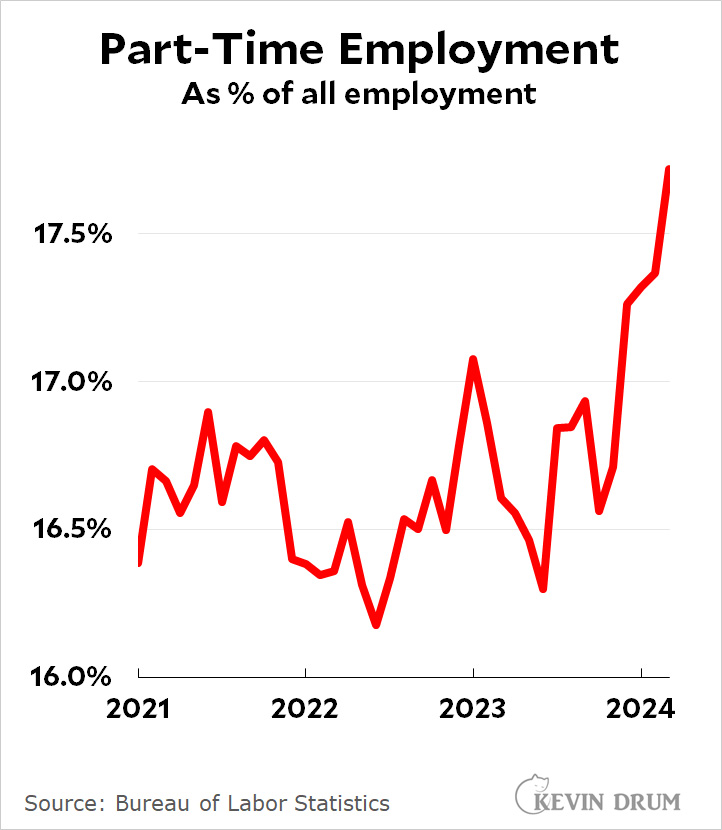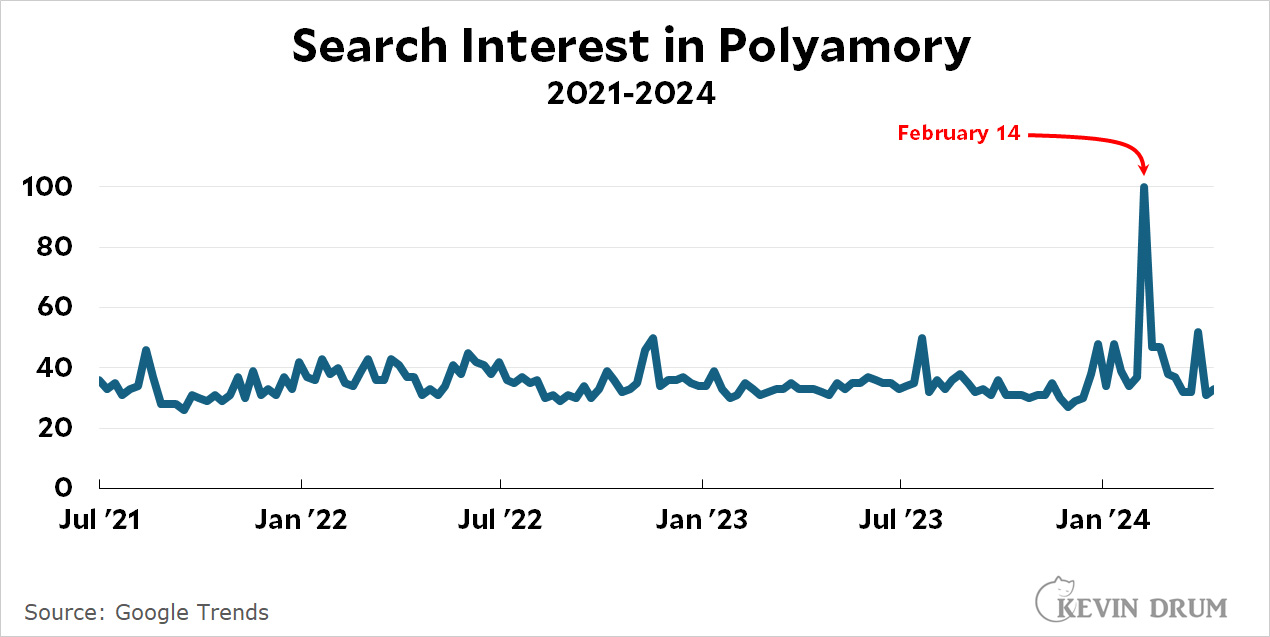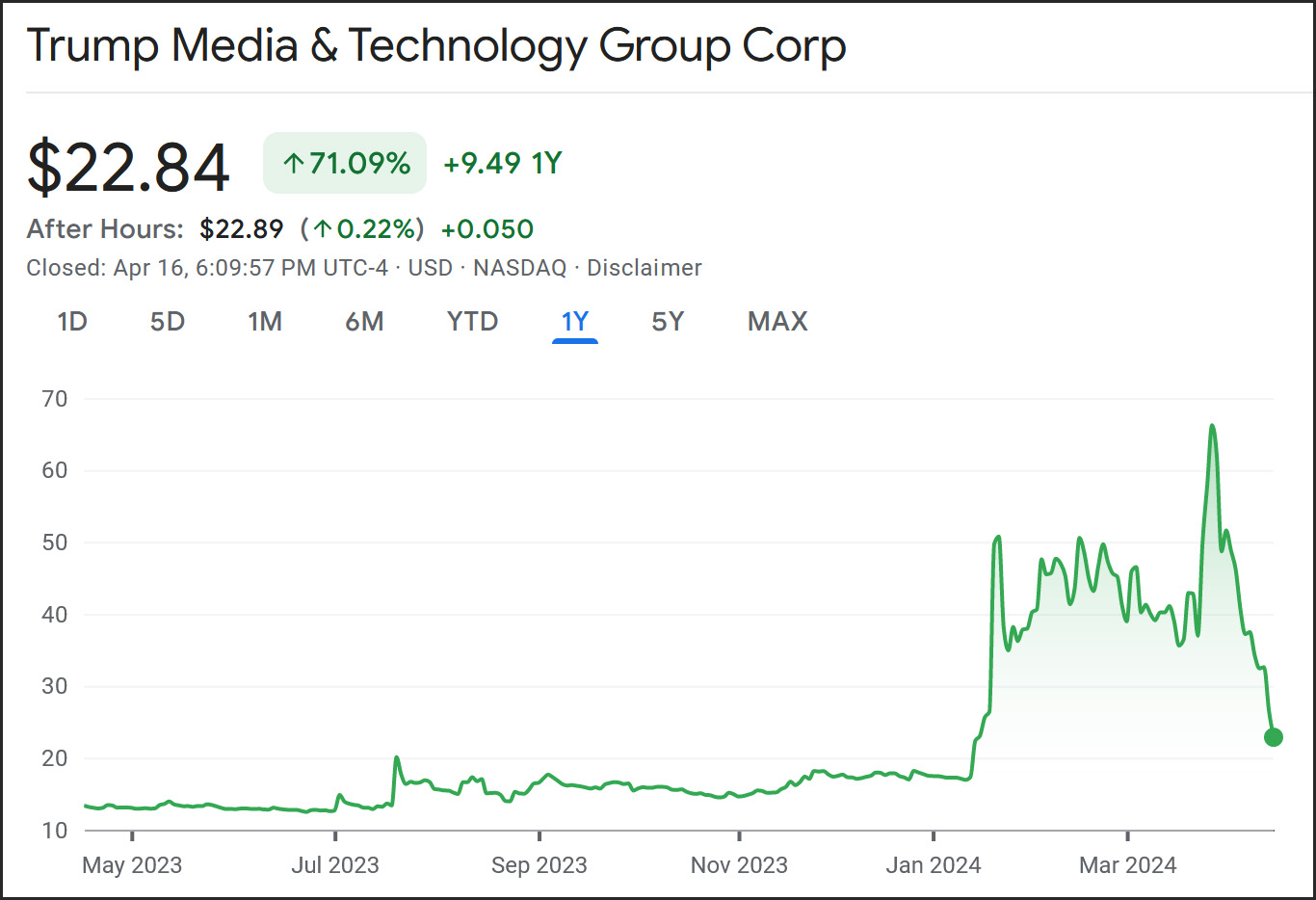This tweet was posted a few days ago:
Half of U.S. homeowners and renters (49.9%) sometimes, regularly or greatly struggle to afford their housing payments—and many are making big sacrifices to cover their costs, per Redfin and Axios: pic.twitter.com/pFLPhLuOEl
— unusual_whales (@unusual_whales) April 15, 2024
Matt Darling reposted it but then added:
These numbers are also, fwiw, clearly wrong. 22% of Americans are not skipping meals to afford housing. That's massively above the USDA estimate of food insecurity.
This reminds me: the world is brimming with bad data from companies who use quickie surveys and clickbait toplines to get free PR. In this case, Redfin got Axios to bite, but they're hardly uniquely gullible. The Wall Street Journal publishes this junk all the time.
There's no hope of getting this to stop as long as media outlets remain eager consumers. So do yourself a favor and take a quick look at the source when you see charts like this. Reliability goes approximately in this order:
- National statistical agencies in reliable countries (i.e., not China).
- Well regarded international statistical agencies (OECD, World Bank, etc.)
- Academic research (but make sure you understand it).
- Well known pollsters (Gallup, YouGov).
- Commercial outfits that do consistent releases (Zillow, for example, or NAR).
- Commercial outfits that do research periodically on different subjects (McKinsey, for example, or Microsoft).
- Companies that sporadically release clickbait survey results.
- Dotcom companies.
The top five are mostly usable without a lot of skepticism. The bottom three should only be used if you dive deeper and decide the particular bit of research being touted seems to have been reasonably produced. One-off polls from people who aren't experienced with surveys very often suffer from poor design, bad question wording, and massive conflict of interest.







